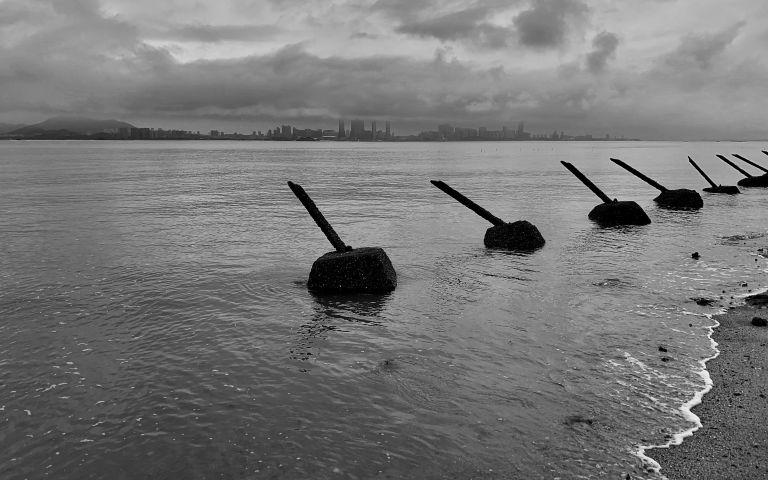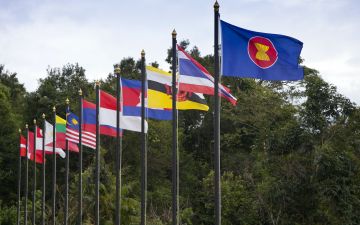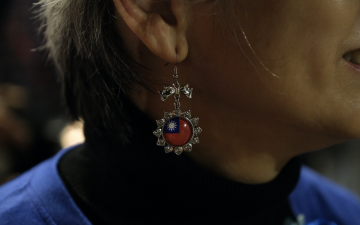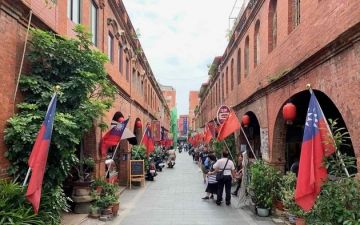With democracies around the world under siege from a wave of anti-establishment populism, Xi Jinping's "China Model" is being promoted as a viable alternative. When Beijing imposed a new national security law in Hong Kong, the city’s ensuing crisis marked a crucial turning point of the New Cold War between the United States and China. Taiwan and Hong Kong now find themselves at the heart of a geopolitical fault line of this era-defining clash between two superpowers ──the new West Berlin and East Berlin of the 21st century.
Amber Lin, the Pulitzer Center’s 2019-2020 Persephone Miel fellow, investigates such tensions in her project “The Silent War” and how interactions between China and its periphery are reshaping Chinese-speaking societies in Asia. In particular, she explores Beijing’s growing economic and political influence campaigns advocating their “Chinese dream” over Taiwan; and how the self-ruled island’s vibrant democracy has responded.



